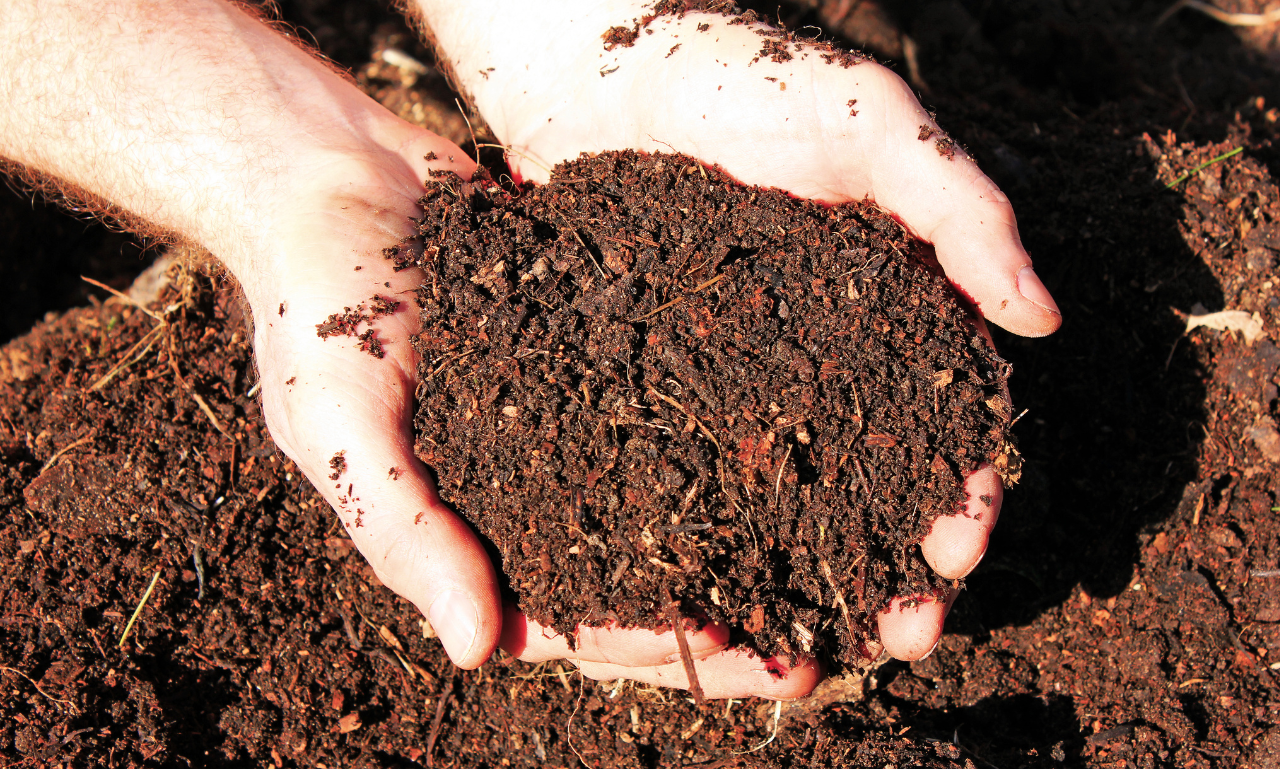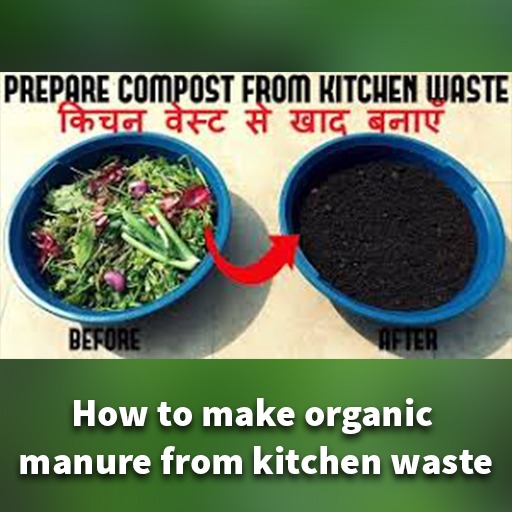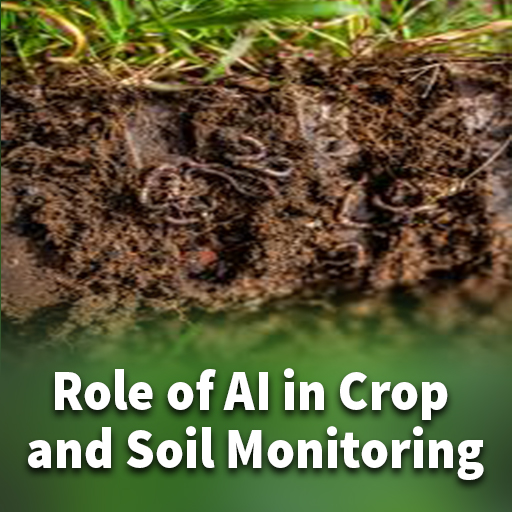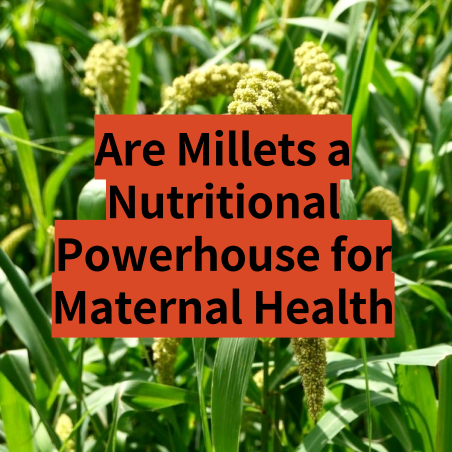The vast majority of food waste gets disposed of in the trash or down the drain, a waste of a perfectly good resource that might be transformed into something far more beneficial: fertilizer to make organic manure.
Composting is a natural recycling process. Compost is a rich soil created by the biodegradation of organic waste. Microbes (bacteria and fungus) digest kitchen garbage and transform it into compost in a process known as composting.

The organic materials in food waste may be composted to produce fertilizer. This is a useful and eco-friendly way to eliminate food scraps in your kitchen. You can turn stinky kitchen garbage like leftovers and other food waste into a nutrient-rich organic product that you can use to cultivate your veggies and flowers.
What should I put in my compost pile? How to compost?
Microbes (bacteria and fungus) digest kitchen garbage and transform it into compost. Composting bacteria requires a certain ratio of carbon to nitrogen to function properly. Equal amounts of GREENS and BROWNS are needed for proper composting. Now let’s talk about what “GREENS” and “BROWNS” are.
GREENS = Nitrogen
- Scraps and peels from vegetables and fruits (except citrus fruits)
- The coffee grounds
- Tea bags
- Flowers
- Chopped-up grass
- Eggshells
BROWNS = Carbon
- Dead leaves
- Saw dust
- Wood chips of a small size
- Hay or straw
- timber
Things not to include
- The addition of cooked food should be avoided since it decomposes and smells unpleasant.
- Meat and bones are rotten because they smell awful and attract rats.
- feces from pets
- Batteries
- Unhealthy plants
- Medicines
- Polythene bags
Making organic manure from kitchen trash has the following advantages:
1. It saves money:
A few dollars is all you need to start making your organic manure fertilizer, which is simple to make at home.
A compost bin is all you need to get started making your fertilizer, which might save you money in the long run if you have many plants. That’s all! You already have the remainder of the supplies!
2. You control what goes into fertilizer.
You have complete control over the ingredients when you produce organic manure at home. Don’t want to use inorganic-fertilized grass? There’s no need! It’s possible to manufacture your organic fertilizer this way without using any pesticides or chemicals.
You may also use it to control how much nutrition your plants get. If your garden needs nitrogen, add coffee grounds and veggie scraps.
Add more eggshells to the soil if your plants are calcium-deficient. Creating your fertilizer allows you to adjust it to the particular demands of your garden.
3. It’s Eco-friendly
Our gardens and kitchens generate up to 20% of the food waste that ends up in landfills. We reduce the amount of food waste going to landfills by utilizing kitchen scraps as fertilizer in our plants instead of buying it at the store. It’s a win-win situation for us and the ecosystem.
The organic nutrients from kitchen trash are as excellent as any fertilizer you can buy at a garden shop.
Steps to manufacture organic manure at home
You may manufacture your organic manure from kitchen waste by following these simple steps:
1. Sort kitchen trash.
Remains of vegetables and fruits, such as peels, are the most important food waste to store. Save overripe fruit, nuts, and eggshells. If you’re composting, avoid using fats, oils, fatty meats, and milk products in your material since they’ll make your compost pile moist and stinky. Place these things in an open, flat, and well-drained area and add some wood ash on top to help boost the composting process.
2. Add additional organic manure matter to the compost.
Adding sawdust or wood ash to the compost can increase the composting process. You may use their dung to enrich your compost if you have any animals. There are gardening supply stores where you may purchase sawdust and manure if they aren’t generally available.
3. Collect garden waste.
A nutrient-rich fertilizer can only be created by including some natural waste in your compost pile. Grass and leaves from your garden may be used for this. You’ll be sucking and mixing your lawn’s organic waste when you mow it. Remove the lawnmower’s leftovers and toss them into your compost pile.
5. Set up a compost heap.
Put the prepared food scraps in the compost pile with the garden waste. A handle should be provided on the compost bin to ensure complete mixing of the compost and incorporation of oxygen. Make sure the container has some pores on the side so that excess moisture may be emitted when you rotate the compost. The compost bin should be turned twice or three times a day for the best results.
6. Apply fertilizer.
Wait until your compost resembles soil and is black before using it in your garden. This is the stage at which compost is ready for spreading. A garden fork is the best tool for spreading compost in your yard. It’s best to start with a little quantity of compost and see whether it makes a difference before adding more.
How Much Space Do You Have?
You can only compost if you have a backyard. Trust me; you don’t want to keep a compost bin inside your house. All of that amazing biological magic stinks. Keeping it on a balcony in an apartment isn’t suitable, either.
Composting may not be the best practice for those who live in a city with a balcony garden or those who don’t want to ruin the aesthetics of their backyard garden. Planting kitchen scraps straight in the ground is acceptable and produces excellent results.
How Can You Use Kitchen Waste In Your Garden?
Using food waste in the garden may be done in one of two ways.
Option A is to dig a hole near your plant’s roots, put your leftovers in it, and then cover it back up. If a plant lacks a certain nutrient, this is an excellent way to supplement its nutrition. For instance, if you have a tomato plant in a container that requires additional nitrogen, you can add coffee grounds to the soil, and you’ll be good to go. But this practice is too tiresome and time-consuming for big garden areas.
For the most part, gardeners go toward Option B, composting. Honestly, it’s not as simple as dumping coffee grounds on your plants, but the effort is well worth it. Making compost in batches is ideal for those with a bigger garden that needs fertilizer.
Conclusion
Composting your kitchen trash is a simple method to reduce waste and live more sustainably.Kitchen garbage may be composted for various reasons, including reducing waste and providing fertilizer for your garden. Check whether your leftovers and other food scraps may be composted before tossing them away.
Kitchen trash is something I hate to throw out; therefore, turning it into animal feed gives me great joy and pleasure. Those compostable manures go into my small organic manure kitchen garden. Compostable organic manure waste makes up over 60% of the garbage we throw away daily. Composting allows us to reduce the quantity of waste we send to landfills. It keeps our city clean, maintains the soil, reduces air pollution, and improves the quality of life on our planet. For more details visit us.












